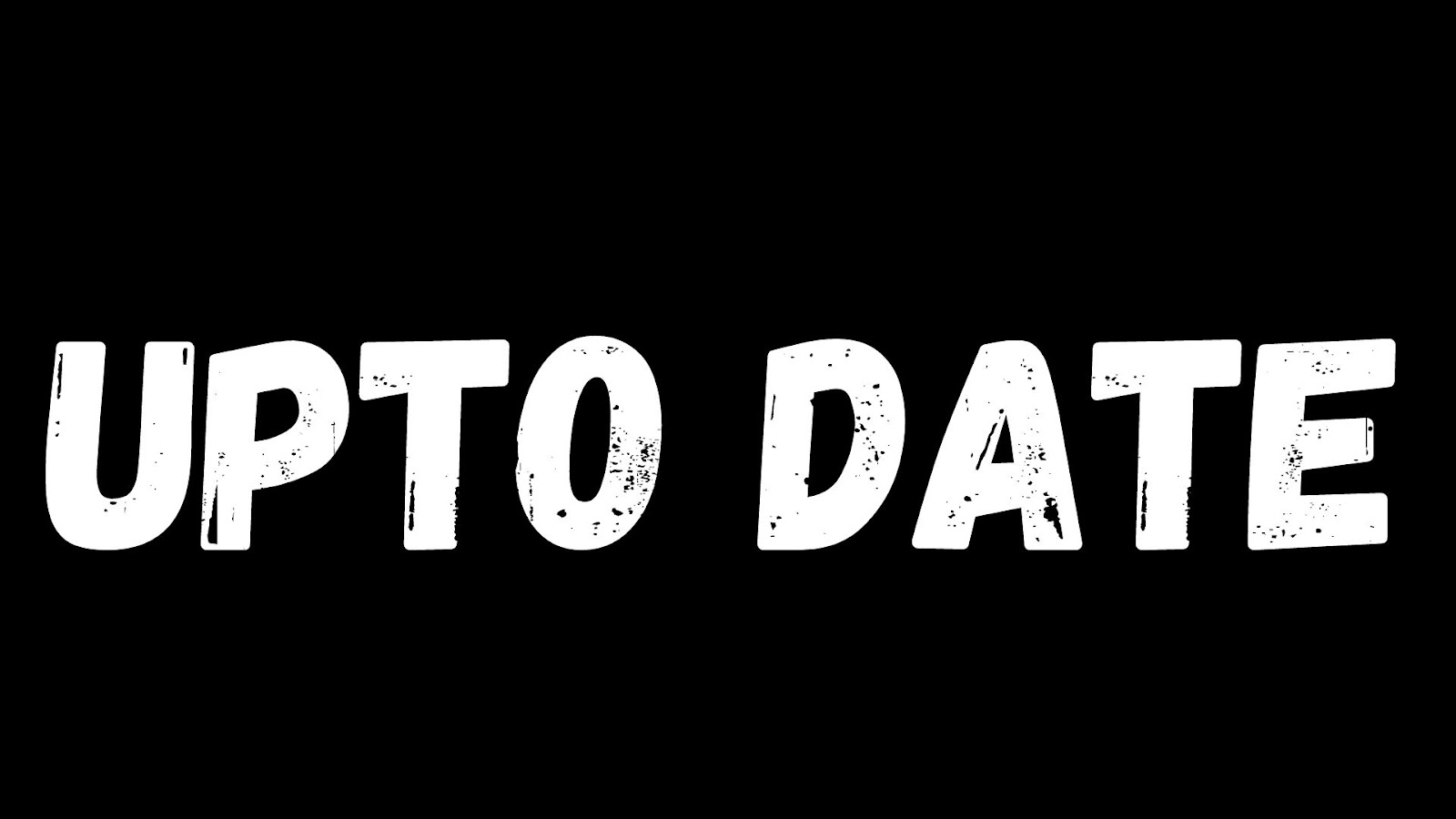Specific opinion in the name of public opinion
A contemporary has shed some light on the current public opinion in Pakistan. There is something to be said about it, but without mentioning Sagar Kahana, the context will not be clear. The poet of Pakistan and the creator of the national anthem, Muhammad Hafeez al-Mutlakhs Beh Hafeez Jalandhri, was born in Jalandhar at the beginning of the 20th century. Formal education was modest, but the relationship between Maulana Ghulam Qadir Grami honed the art of poetry. They used to get their livelihood from the state courts. When he went to Hyderabad or Bahawalpur, he was proud of his honor and dignity by reciting the faith-affirming passages of Shahnama Islam. When the Maharaja appeared in the court of Kashmir, he recited some parts of Ram Leela. It was suitable for the song.
He used to fill the sky with the chants of 'Abhi To Main Jawan Hoon' and 'Bus Darshan Darshan Meera'. The disease of personal approach was not nurtured. The words "The name of the country is Hindustan / The country whose definition is heaven" were written by him once. During the Second World War, when the British were associated with Bahadur's "Song Publicity", long poems in opposition to the "Quit India Movement" were produced. See an example, 'Let the freedom seeker speak to me first'. When the foreign rulers left, the local occupiers imposed cesses on their doorsteps. Hafeez Hoshiar Puri, the same name of Hafeez Sahib, has included some of the story of this kaya clip in one of his poems. 'Where the drop has been longed / I have been found drowned'. Its details will be known from an eyewitness of Rawalpindi in the 50s. It's winter these days and I dread the bitter winds of the northern regions. Hafeez Jalandhri was a model of the crop. They are mentioned only for the purpose of obtaining blessings. The defendant is simply saying that it is the tradition of our elders to deal with vested interests under the guise of playing with the emotions of the people.
Public opinion is a modern political concept. During the period of totalitarian rule, King's decree was the ultimate standard of law and justice. In the modern era, when the so-called democracy appeared, the heresy of public opinion also raised its head. In political science, public opinion is defined in such a way that the general feeling resulting from the summation of the sum of the individual opinions of the citizens on a particular issue at a certain point of time is called public opinion.
In order to give a certain direction to public opinion, the science of manipulation has come into existence, devices such as selected facts, false information and rumors have been invented which are used in political discourse, education curriculum and mass media. States, groups and classes with undemocratic ambitions ensure that the people remain ignorant of real information, are kept ignorant of facts and their old tendencies and prejudices are presented in such a way that they are presented in the framework of the moment. That the people could not know their real problems and the reasons behind them. In this regard, take a look at our recent history. Isn't it true that the Khilafat Movement was an airshow that severely damaged the economic and political interests of the Muslims of the subcontinent. The fun is that the singers of 'Jan Betta Khilafat Pe De Do' wrote in their newspapers the credit of Mustafa Kemal Atatürk who ended the Caliphate. "Mustafa Kamal Way Teriyaan Dur Balavan". Those who instigated others to migrate from Dar al Harb did not cross the threshold of their own house. After all, there was a reason why Allama Iqbal and Quaid-i-Azam remained indifferent to the Khilafat Movement.
After the establishment of Pakistan, the people were kept unaware of the ground realities on the Kashmir issue? Didn't our journalists recognize the killers of Liaquat Ali Khan in 1951? On what basis did Hameed Nizami demand the resignation of Khawaja Nazimuddin? After October 1958, some journalists presented Ayub Khan as a messiah. Was basic democracy really a democracy? Was the nation informed about the facts of the September war? Were the people of West Pakistan aware of the real situation in East Pakistan in 1971? Was Pakistan really headed for civil war in 1977? Who were the journalists who told Zia-ul-Haq that "You should ban political activities, it is our job to smooth public opinion"? Did the public opinion makers inform the nation of the implications of the Afghan Jihad in 1979? Who were the journalists who ignored the worst corruption against the nation and tied the politicians to the continuous viewing of corruption? On January 18, 2016, the journalist who accused Prime Minister Nawaz Sharif of defrauding the nation writes on December 1, 2023 that "maybe Nawaz Sharif will soon realize that the ground realities in the country during the last six to seven years have changed the rights of hybrid democracy." This opinion is completely misleading and counterintuitive. Hybrid democracy is the worst form of constitutionalism. These supposed 'ground facts' are the worst crimes against the nation. Today, Pakistan's economy and politics are paying the price for the experience of 'hybrid democracy' since 2008. The people of Pakistan have rejected the hybrid arrangement and voted in favor of democracy at every opportunity since January 1965 till date. Until yesterday, those who supported the Taliban represented a specific opinion, not the general opinion. The Federation of Pakistan is a complex and delicate bond tied by the thread of our Constitution which cannot be won with the help of the so-called fifth generation media war.



0 Comments